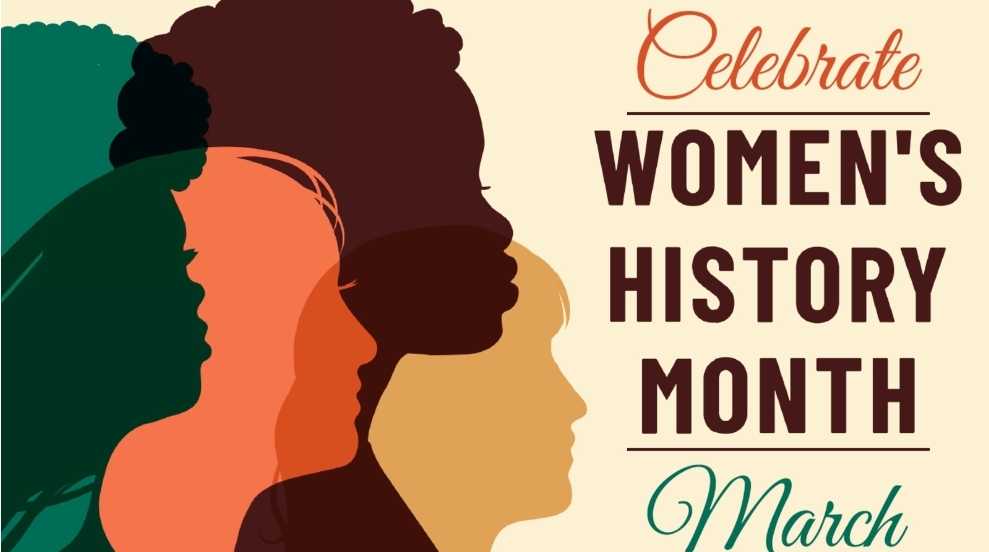During a recent visit to the Junior Student Council of Athur Truman School in Harlem, New York, where I spoke about my book, “The Empowering Benefits of Detox Cleansing and Eating Clean,” I was struck by the impressive understanding and execution of Robert’s Rules of Order by children of that age. Their commitment to structured meetings, with roll calls and opening and closing procedures, showed remarkable maturity.
This experience compelled me to reflect on the crucial role that Black men must play as role models for our children, not only in matters of character but also health and wellness. It’s imperative that we, as Black men, lead by example, emphasizing the significance of maintaining good physical health. Our choices and behaviors in this area send potent messages to Black children about the importance of caring for their bodies.


In light of the concerning fact that 24 percent of Black children are grappling with obesity, it becomes paramount to underscore the importance of maintaining a well-balanced diet and regular exercise to safeguard their health. It is worth noting that Black children are facing a disproportionately higher likelihood of experiencing food insecurity, being six times more susceptible compared to their peers from diverse backgrounds.
In addressing this critical issue, Black men can assume a pivotal role in influencing the dietary choices of Black children by actively championing healthier eating habits within our families and communities. This includes instilling the value of incorporating fresh fruits, vegetables, and whole grains into our daily diets while discouraging the consumption of sugary and processed foods. Undertaking these measures represents a significant and impactful stride toward enhancing Black children’s health and overall well-being.
Furthermore, Black men have a responsibility to educate Black children about the dangers of harmful habits such as smoking, excessive alcohol consumption, and substance abuse. Sharing personal stories and emphasizing the importance of healthy choices can guide young individuals away from detrimental behaviors.
It’s crucial to recognize that many of these children come from single-parent households, and we’ve witnessed a trend of Black children born out of wedlock for decades. This underscores the importance of Black men serving as examples of Black manhood and a commitment to healthy living.
In a world where societal perceptions and stereotypes often shape the identity and self-esteem of Black youth, having positive role models who embody both strong character and physical well-being is essential. We are facing a national crisis in recognizing the significance of Black men as role models and their critical role in fostering healthy lifestyles among Black children.
Historically, Black men have been subjected to various stereotypes perpetuated by media and societal biases. These stereotypes can have detrimental effects on the self-esteem and aspirations of Black children. However, Black men who excel in various fields prove that these stereotypes do not define them. They inspire younger generations to break free from limiting beliefs and strive for excellence in their endeavors.
Black men must also lead by example when prioritizing education and intellectual growth. It’s time to challenge the modern portrayal of Black men as scammers, drug dealers, and materialistic individuals. Instead, we should exemplify Black excellence to Black children, demonstrating that our intelligence transcends our surroundings.
Our role as Black men is encouraging young Black minds to pursue knowledge, higher education, or trades, opening doors to a brighter future. Successful Black men serve as beacons of hope for Black children, showcasing that hard work, dedication, and resilience can lead to professional success and motivating Black youth to aim high in their careers.
Moreover, in the contemporary era, it’s crucial to acknowledge the profound influence that actively engaged Black men have on developing values and social awareness among Black children, with a particular focus on Black girls. Statistics indicate that 61% of Black teenage girls express the need for assistance with their emotional and mental well-being, surpassing the nearly 45% rate among all adolescent girls. When Black girls can observe positive Black male role models, it empowers them and solidifies their belief in their own potential and inherent worth. This highlights the critical role of representation, allowing individuals to visualize themselves in positions of achievement, leadership, and impact, ultimately nurturing a heightened sense of self-esteem and aspiration.
In relationships, positive Black male role models can guide young Black girls in establishing high standards. They demonstrate the importance of mutual respect, effective communication, empathy, and kindness in healthy partnerships. By witnessing these positive dynamics, young Black girls can discern acceptable and unacceptable behavior in their relationships.
It is equally essential for Black men to serve as exemplars of good fatherhood and husbandry for young Black men. This influence is vital in instilling values of respect towards women and their bodies. By setting a positive example in these roles, we can work towards reversing the troubling trend of declining Black marriages within the Black community. Our marriage rates are the lowest among all ethnic groups, standing at just 30 percent.
In conclusion, Black men are profoundly responsible for serving as exemplars of manhood, fatherhood, health, and character for Black children. Through our actions, choices, and commitment to excellence, we can inspire the next generation to embrace their potential, prioritize health and wellness, and build strong, respectful, and fulfilling relationships. This collective effort is instrumental in fostering empowerment, challenging stereotypes, and nurturing a sense of belonging and possibility among Black youth, ensuring a brighter future for all.











